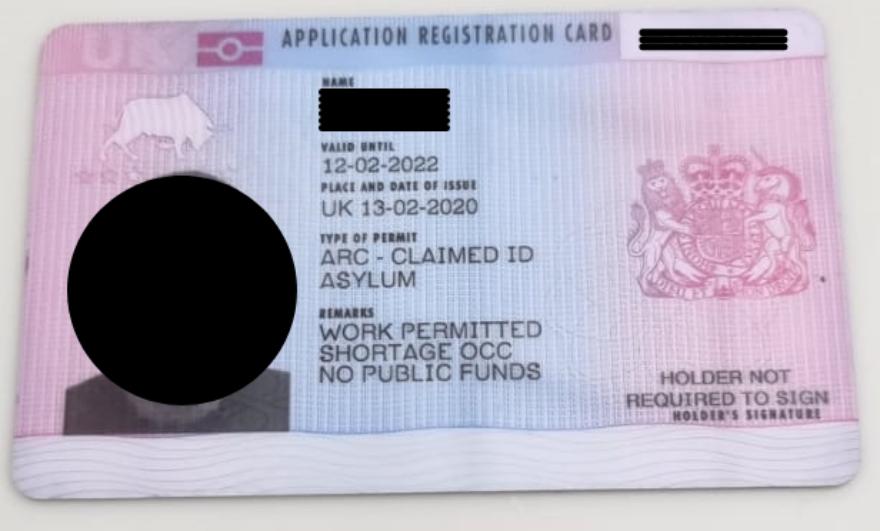There are no products in your shopping cart.
| 0 Items | £0.00 |


DURING the 14 years between 2010 and 2024 a total of 22,619 Nigerians applied for political asylum in the UK according to statistics just released by the United Kingdom Home Office.
According to these figures, Nigerians accounted for one in 30 UK asylum claims during the period, ranking 11th on the Home Office’s newly released year-end Asylum and Resettlement Statistics. Furthermore, the Home Office figures revealed that, nearly twice as many Nigerians (2,841) applied for asylum in 2024 as did in 2023 when the figure was just 1,462.
Overall, 2024 saw the highest number of asylum applications to the UK, with 108,138 people applying in total, representing a 378% rise from 2010. Most were first-time claims by South Asian and Middle Eastern nationals.
Iran topped the chart with 75,737 applicants, likely propelled by the increasing persecution of dissidents by the Iranian regime. Pakistan followed with 57,621 applicants as 2024 saw 10,542 Pakistanis claiming asylum in the UK, driven by post-election turmoil, soaring inflation and a spike in blasphemy prosecutions that human rights groups say offer substantial grounds for protection claims.
Afghanistan had a total of 54,363 asylum applications since 2010 and in 2024, 8,508 Afghans sought refuge in the UK. This development pundits argue, is the continued aftermath of the Taliban ousting of the administration of President Ashraf Ghani, in 2022, as that year, 11,358 Afghans sought asylum in the UK, with 9,710 applications the following year.
Others main sources of applications are Albania (50,944), Iraq (45,711), Eritrea (37,687), Syria (34,997) and Bangladesh (31,744). Asylum seekers from Bangladesh rose from 5,097 in 2023 to 7,225 in 2024, coinciding with the ousting of former Prime Minister Sheikh Hasina.
Sudan and India round out the top 10 with 30,897 and 30,179 applications respectively. Nigeria’s 22,619 filings sit just ahead of Sri Lanka’s 22,059 and above Vietnam, China and Turkey.
Brazil, Kuwait, Yemen, Colombia and Jordan were at the lower end of the list, each contributing fewer than 6,500 claims. Analysts attribute Nigeria’s leap on the list to harsh conditions such as insurgency, bandit attacks, kidnapping and collapsing household purchasing power following the naira’s devaluation in 2023.
Local reports claim that young professionals who might once have entered the UK through skilled worker visas are increasingly hedging their chances by applying for asylum. Others arrive irregularly through continental Europe, citing kidnapping threats and communal attacks in their affidavits.
In most cases, applicants also invoke political persecution under Nigeria’s sweeping cybercrimes legislation or discrimination tied to sexual orientation. These are categories that fall within the Refugee Convention’s protection grounds.
Under British law, an asylum seeker must demonstrate a well-founded fear of persecution on the basis of race, religion, nationality, political opinion or membership of a particular social group. The Home Office makes initial decisions, and negative rulings can be appealed to the Immigration and Asylum Chamber.
Abuja development economist, Dr Aliyu Ilias, argued that the exit of more Nigerians and their permanent settlement abroad means less skilled labour for the country. He said with most Nigerians confronting both economic headwinds and deteriorating security at home, the British asylum route, however uncertain, still appears to offer a better prospect.